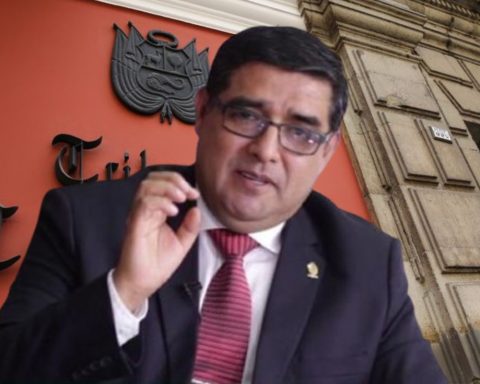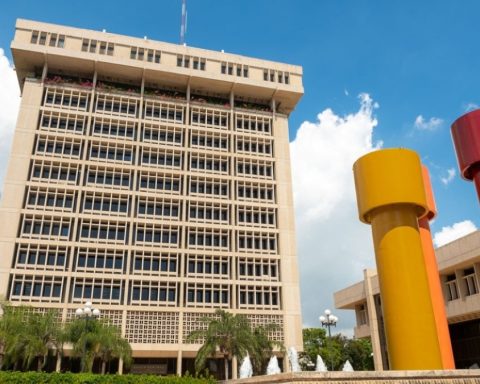The directory of International Monetary Fund (IMF) approved, this Friday, the new agreement reached with the Government of Argentina for the refinancing of the debt of 45,000 million dollars contracted in 2018 by the last Macrista Administration.
From the city of Washington, in the United States, the negotiating staff of the multilateral organization gave the green light to the new Argentine economic program that establishes, among other things, longer terms for the payment of the debt and a new loan of 9,800 million dollars for the cancellation of the interest added by the IMF.
Coming soon, the Argentine Government will receive this new disbursement to pay the IMF the almost 2,800 million dollars that are owed in interest and to strengthen the monetary reserves of the Central Bank (BCRA)which has recently been hit by the liquidity deficit and the constant selling of foreign currency.
In this way, the country will have until next Thursday, March 31, to pay the amount owed. Originally, the expiration of this fee had been established for March 21 and 22, according to the Reuters agency.

What other points does Argentina’s new payment plan contemplate?
The new technical memorandum, which was approved last week by the National Congress, establishes a series of macroeconomic objectives that must be met promptly until 2034 and that will be required by the IMF as a condition to trigger the quarterly disbursements that the State will use to pay the debt.
In the first place, the Government of Argentina will have to reduce the monetary issue of the BCRA and stop selling foreign currency in an uncontrolled way as it has done until now. Second, it will have to establish a ceiling for the primary deficit and begin to strengthen its federal reserves to guarantee the timely payment of its new installments.

Roughly speaking, according to the new payment agreement, during 2022, Argentina’s primary deficit may not exceed 2.5% of the Gross Domestic Product; while the net income rate of the Central Bank should be 5,800 million dollars.
What’s more, the State will have to start slowing down the country’s monthly and year-on-year inflation rate and stabilize devaluation expectationstwo of the most pressing goals for the world body.

The agreement that was endorsed this day, will enter into force immediately and will be subject to ten quarterly evaluations for the next two and a half years, according to data from the Argentine Government.

















